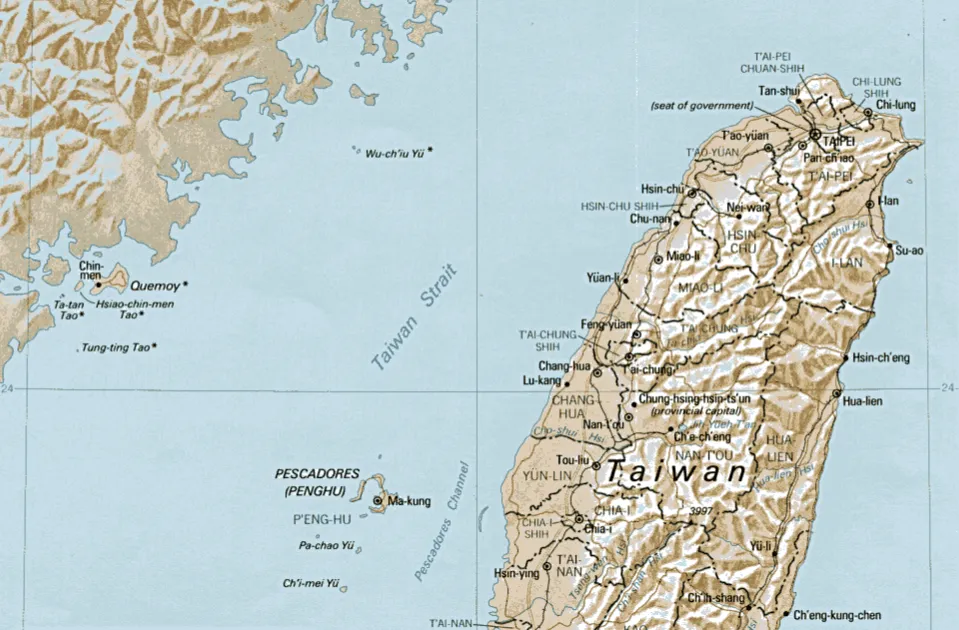Table of Contents
In a sign that drugs – or threats (both are equally effective I’m informed) – work, and proving the steady decline of standards in NZ media, where the flow of intellect has been reduced to a mere dribble, Damien Grant has succumbed to the sinking lid of stupidity and thrashed out a woesome piece. His article is more in keeping with the one-dollar-shop’s new proprietor’s rose-tinted vision of life before Rogernomics than in keeping with his own conscience.
Declaring, “This country has always been comfortable with a firm hand on the ship of state”, Damien waxes lyrical (if indeed it is from Grant’s fingertips; it’s not impossible that a monkey stole his typewriter and impersonated him) for state intervention in the economy. He wants it because of “four challenges that is driving this Government” (which verbatim statement, grammatically incontinent as it is and with capitalised Big-G for government) is more proof that it’s not Mr Grant’s work but rather that of one of the twelve-year-olds on Stuff‘s sub-editors night-desk crew withdrawing from Twitface for the thirty seconds required to polish the piece to imperfection.
Describing early in the screed how “Muldoon was a believer in the power of the state to shape not just the economy, but also society, and spent his nine years in power turning the country into a nastier, poorer and more indebted nation than he found it” (which is true: he, and government, were completely out-of-their-depth), Mr Grant then appears to advocate for a return to the very same “power of the state”.
“Wellington is returning to its traditional role of guiding not only the economic levers of the nation, but is actively seeking to direct the cultural direction of those who reside within its jurisdiction. And for most of us this feels right.”
Except: it doesn’t feel right, at all, because it’s not.
Compare that sentiment to a piece by (the same?) Mr Grant from February this year, on the death of Mike Moore:
“Every time an economic problem emerged Muldoon and his cabinet would design a new law or regulation. As Richard Prebble, a Labour minister under Lange, wrote in 1996; “He truly thought that every economic problem could be solved by a government regulation”. By 1984 New Zealand was, in the words of Lange, “being run very similarly to a Polish shipyard” […] We abandoned socialism in 1984 and become wealthy as a result. Farmers did not leave the land, they began to produce what their customers wanted. Workers dismissed from the make-work schemes of New Zealand Rail and others did not starve, they went to work for real businesses that were selling things people wanted to buy. Freed from capital controls business owners were able to borrow and invest to increase capacity.
Surely the body-snatchers are among us; how can both pieces stem from the one source?
The only obvious intervention in Mr Grant’s outlook over the year appears to be the sorry outfit’s new ownership and editorial direction. Perhaps his closing statement in the Stuff article is prophetic.
“This is a return to normal for New Zealand. It is how, for most of our history, that we lived. The great experiment unleashed by Sir Roger is coming to an end.”
stuff
Well, I can tell you how Ardern’s nouveau-Marxist new-normal equality experiment, the good ship SS Aotearower, will end. It will never get beyond the Polish shipyard. Overloaded with grievance-pimps and grievance wimps and with no riveters left to do actual work it will float for a time, as does a turd, then sink under waves of money borrowed to fund a lifestyle Marx and his followers always dreamed of but, like the lazy and mendacious mouthpiece himself, never worked for. I, for one, am not getting on board.
Please share this article so that others can discover The BFD









